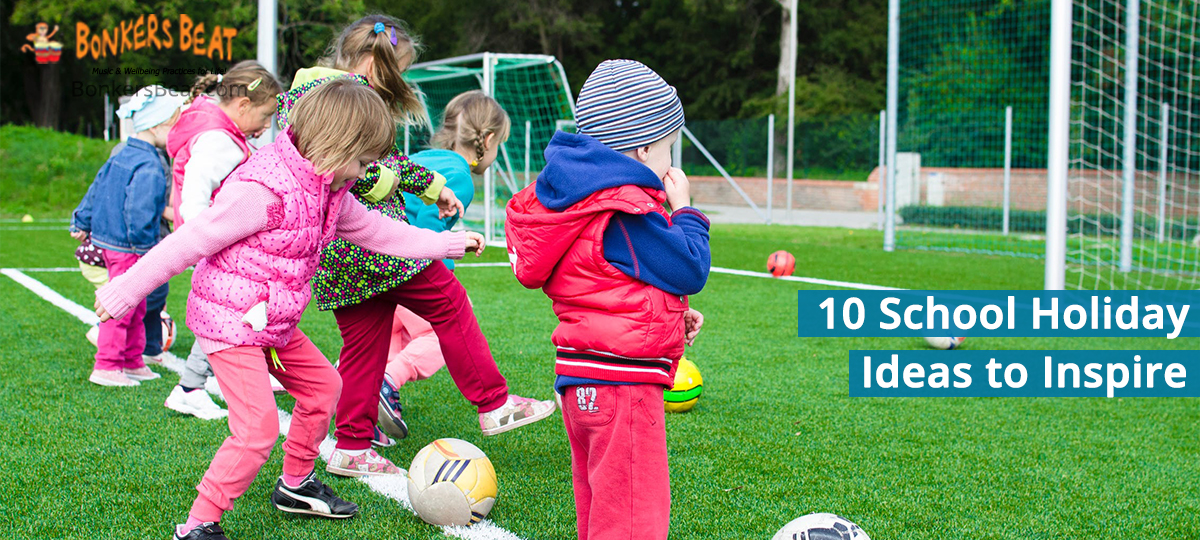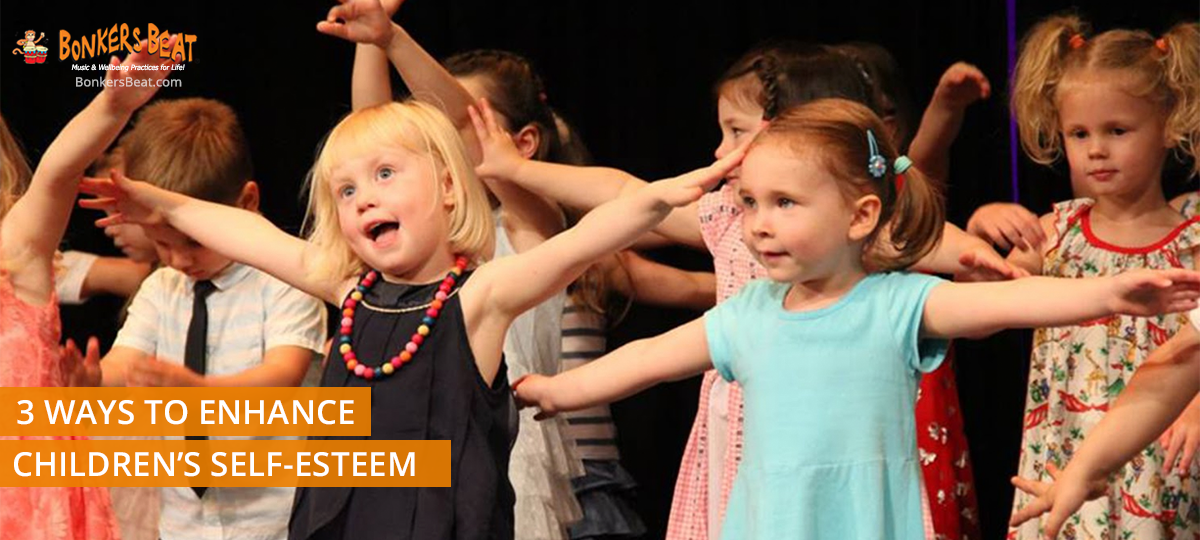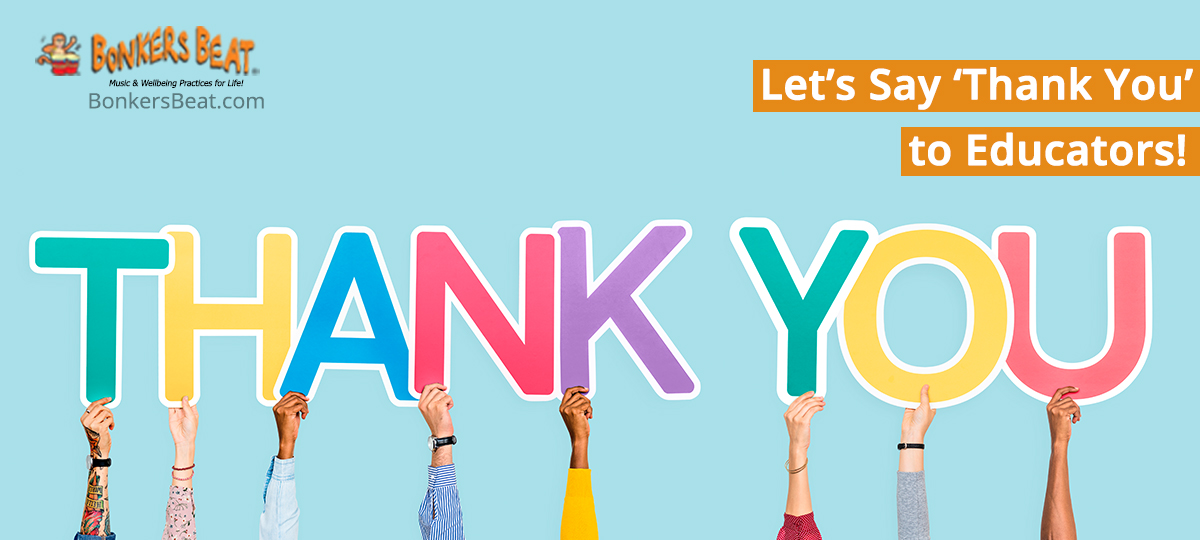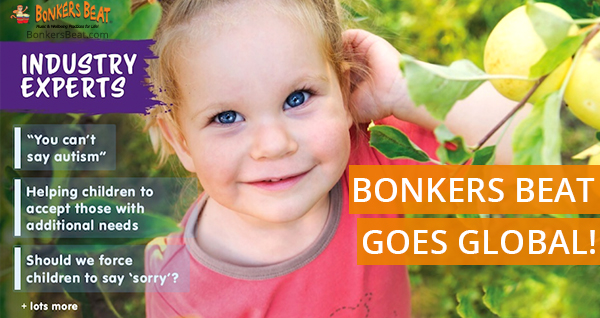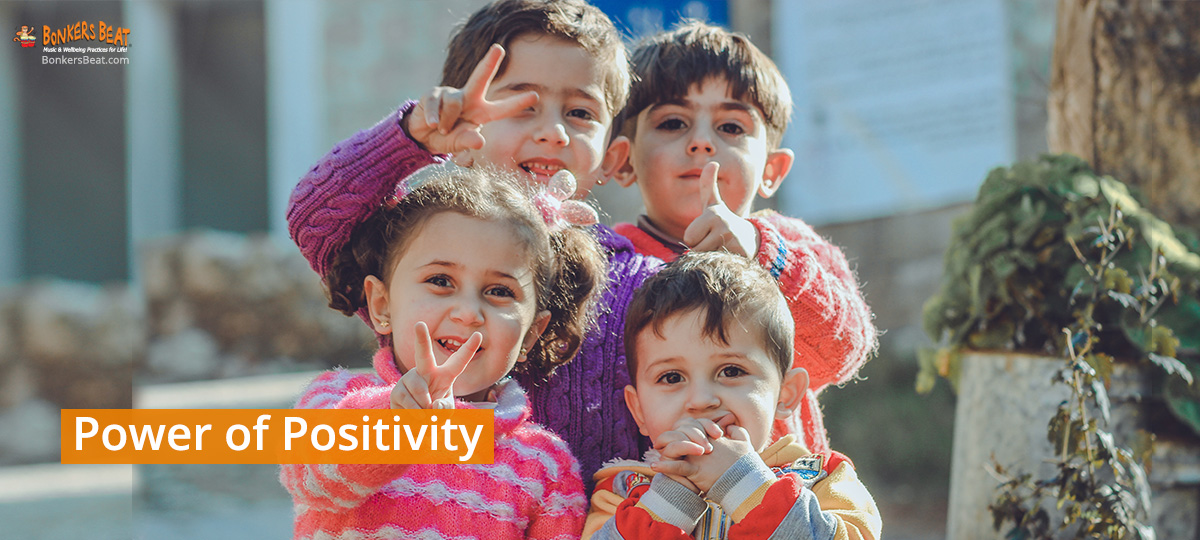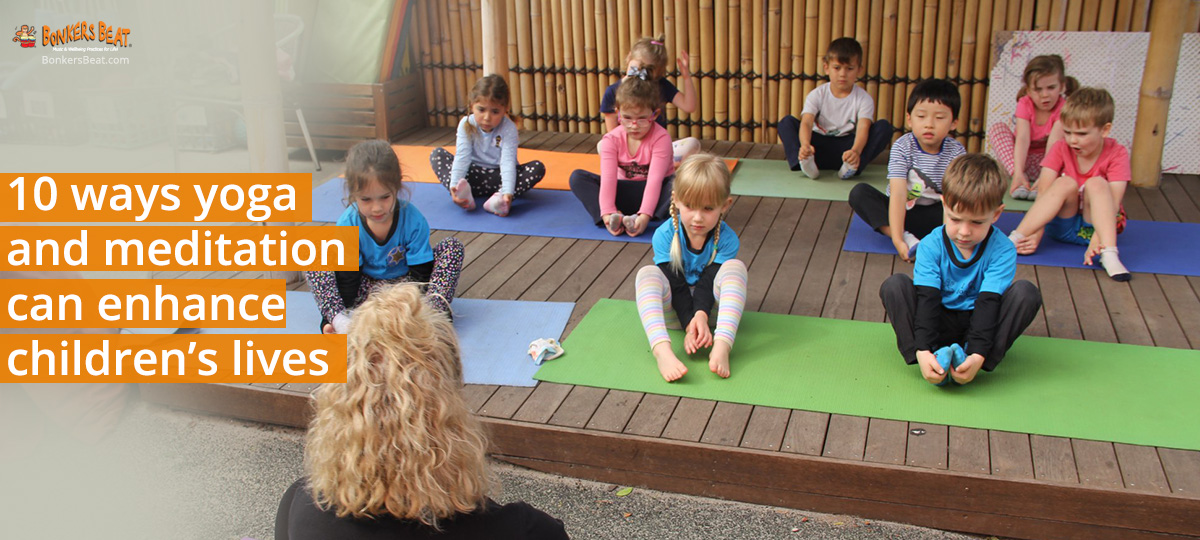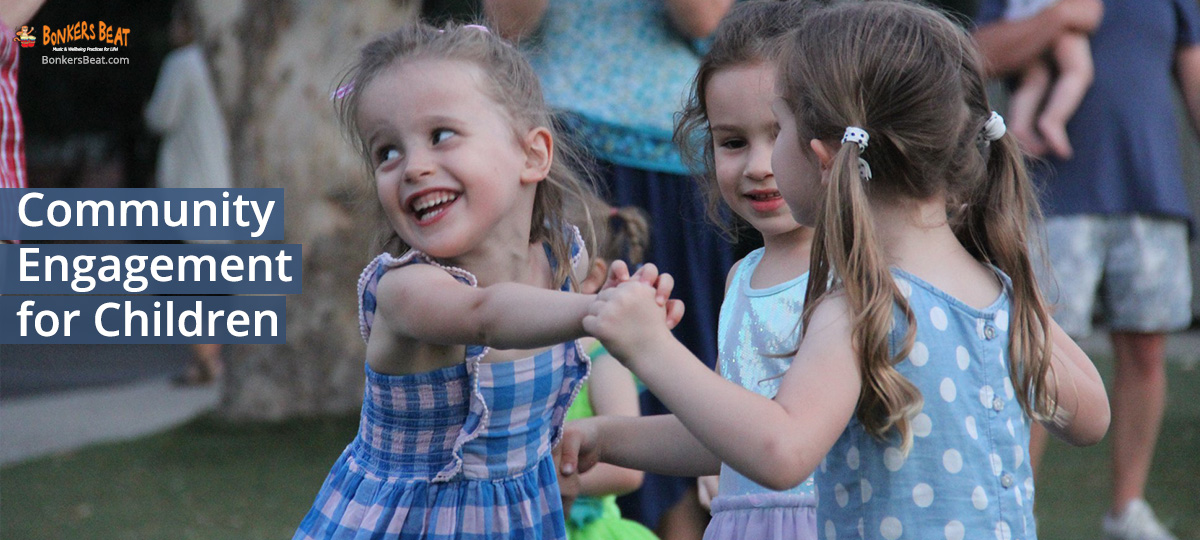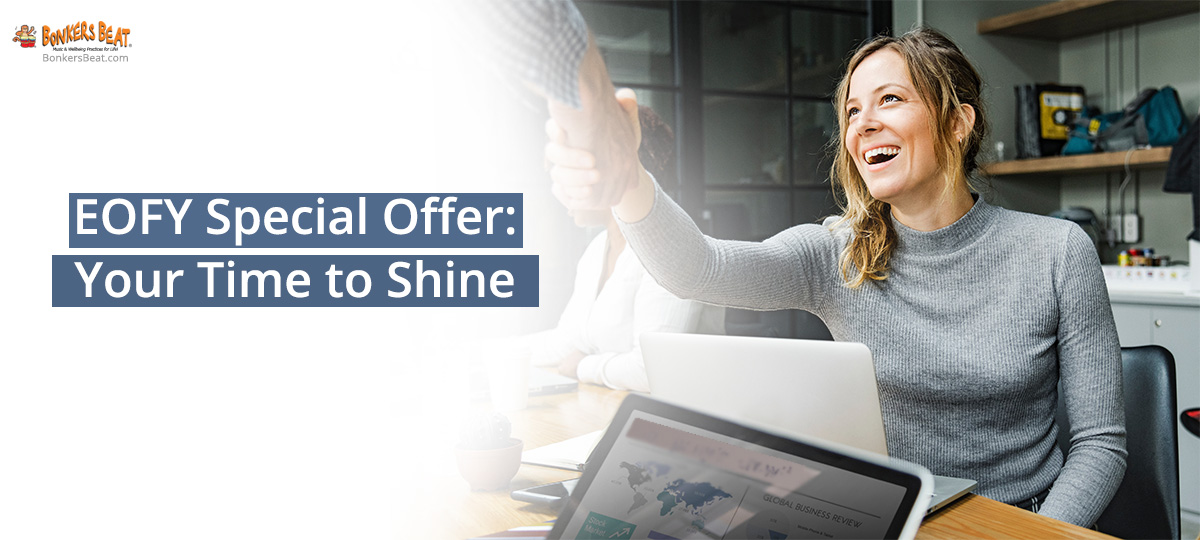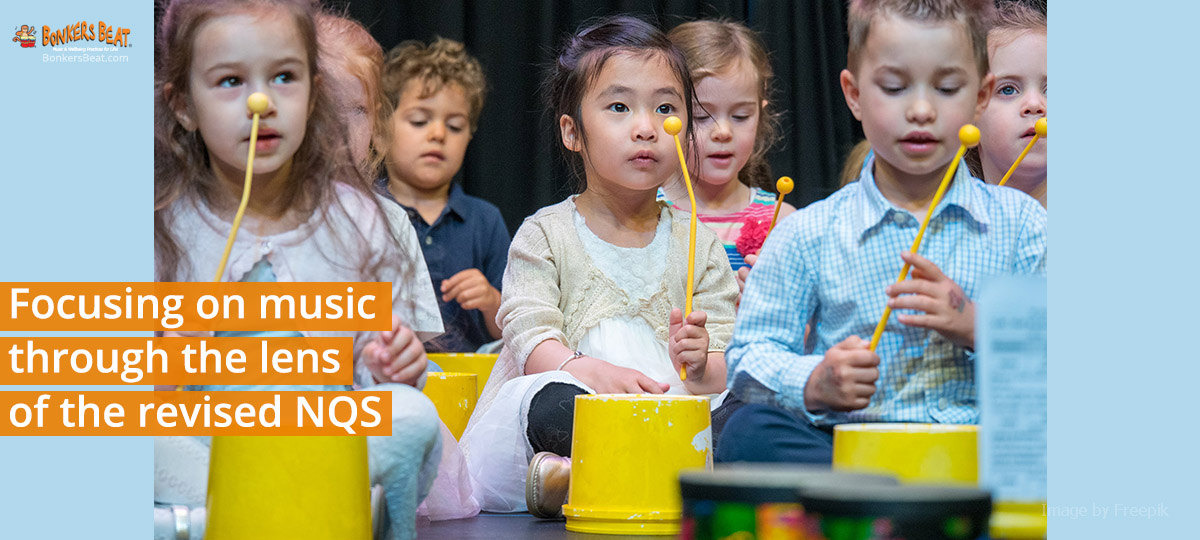The school holidays can be a lot of fun, but they can also be pretty tiring. As educators we are well aware of how much energy little ones can have! Filling the day with meaningful experiences can take a lot of creativity, but with a bit of planning and inspiration you’ll be able to keep children of all ages entertained during the term break. (Don’t forget to check with childcare centres about school holiday programs too!)
These ideas are perfect for adapting in childcare centres or at home and offer educational experiences paired with hours of fun!
-
- Get musical! Of course this is our number one activity any day! Whether it’s taking up an instrument, singing, dancing to music or a combination of all three, music is at the centre of many fun and stimulating activities!
- Card games: Card games are great because they require skills like taking turns and recognising numbers and colours. They also are completely portable! Try Uno, Snap, Go Fish or Memory/Pairs to get started!
- Cook up a storm: Cooking is a skill for life! Find a simple child-friendly recipe or two and work on familiarising children with the kitchen. Start super easy with a fruit salad or pizzas but keep working on it.
- Just keep swimming: With summer around the corner, a swimming refresher is perfectly timed. Take the kids to the pool yourself or book in to a school holiday swimming course.
- Take public transport: Catch a train or bus (the destination can be a park, cafe, beach – anywhere!)
- Get gardening: Being outside is great for wellbeing, and spring is the perfect time to refresh your garden. Plant something edible at the start of the holidays and by the end you could be ready to harvest!
- Hit the library: An endless source of fun and education, the library is a must for children and can be a good place to cool off if it’s warm. Make a regular habit of going and borrowing books to encourage a passion for reading.
- Chalk drawing: The driveway or any concrete area is the perfect spot to get artistic and do some chalk drawing. A simple hopscotch is a fun starting point.
- Create a puppet show: Finger puppets or sock puppets can perform any story children wish. Create the characters and story and get performing!
- Meditation: Meditation can help us to slow down, unwind, reflect and be present in the moment. Help children use the valuable tool of meditation. Be sure to join them!
Write a few of these fun activities on pieces of paper, put them all in a jar and any time someone is feeling bored at home, they can simply find a random activity from the activity jar! Perfect boredom buster!
Hopefully this list has inspired you! If you are looking for more inspiration, join us today at our practical and free workshop, ‘7 Stones’, in Sydney! We look forward to sharing with you more ideas, so reserve your spot now! http://www.bonkersbeat.com/7stones/

